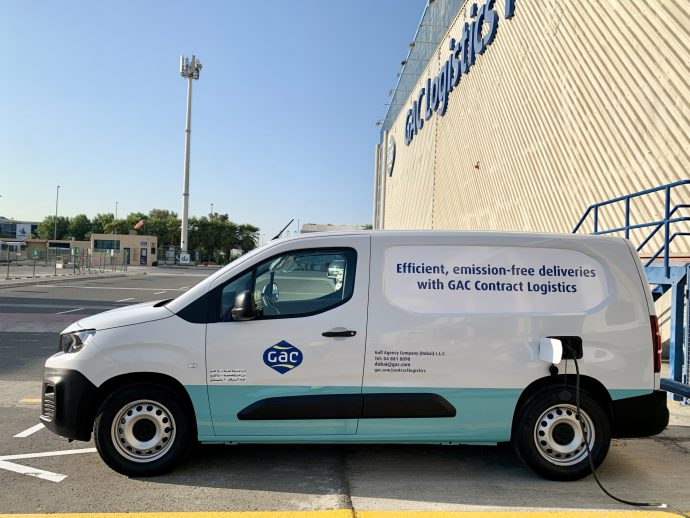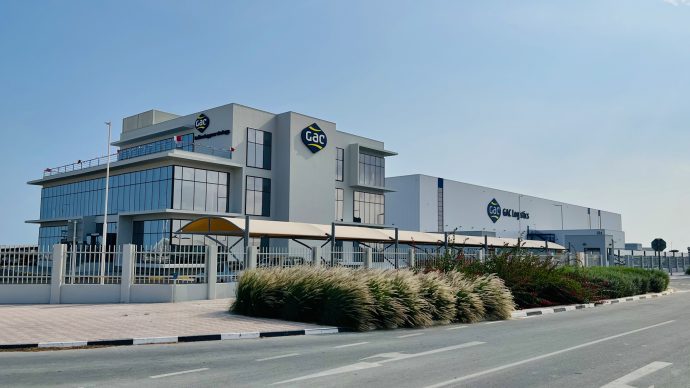For global third-party logistics companies and freight forwarders, a comprehensive Environmental, Social & Governance (ESG) framework encapsulating the three pillars of corporate sustainability – environmental, social and economic - is no longer ‘nice to have’. It’s a must.
More than ever, customers are looking to partner with logistics providers that embrace corporate sustainability, with many including ESG targets in their contracts.
The latest European Logistics & Supply Chain Sustainability Report, co-produced by commodities law firm HFW and real estate developer Panattoni, outlines key figures highlighting how ESG-centric many industry stakeholders have become. Approximately 62% of survey respondents from the logistics sector reported that having an effective and robust ESG strategy has resulted in new business, while two-thirds said customer pressure continues to encourage improvement of sustainable operations.
“Sustainability is integral to the global logistics industry as pressure increases across the board to reduce the carbon footprint involved in storing and moving goods,” says Henrik Althen, GAC Group Vice President, Logistics & Energy.
“GAC has long realised the economic and operational benefits of sound ESG practices and we know that demand for sustainable operations will only increase. We think and plan long term to remain ahead of the times to meet our customers’ needs, whilst remaining a competitive and viable logistics provider, no matter the circumstances.”

Greener options
A key way to achieve that goal is through eco-friendly and greener real estate and warehousing facilities.
The industry has experienced a surge in demand for real estate since the onset of the Covid-19 pandemic in 2020, driven by the rapid expansion of e-commerce. Operators have had to scale up their capacity during this period and, in doing so, have taken the opportunity to build high-quality, modern facilities that offer operational efficiencies, reduce costs and achieve ESG goals.
“Warehouses are getting greener as more operators realise the benefits of investing in warehouse energy saving solutions, such as solar panels, lighting sensors, LED lighting, or temperature-controlled solutions,” says Henrik.
Facilities are also embracing infrastructure features such as rainwater harvesting, filtering systems, waste management systems and battery storage to generate renewable energy, while increasing their focus on employee sustainability training and access to electric vehicles and charging points.
Forward-thinking
GAC is ahead of the game, with a strong focus on eco-friendly operations, extensive staff training and the use of such systems at many of its facilities around the world. The Group’s long-term, comprehensive approach puts it in good stead in working towards its 2050 net-zero targets.
Many of its logistics operations around the world embrace sustainable practices and renewable energy in their daily operations.

In 1993, GAC opened its first independent third-party distribution centre in Dubai, setting the standard for world-class storage and distribution facilities in the region and beyond, including the Americas. Europe. Africa and Asia. It continues to be one of the region’s leading players in contract logistics and warehousing, using technology to enhance service, and adapt to the ever-changing demands of the market. That includes meeting the call for sustainability with sustainably-designed buildings that use energy saving systems and digital platforms to optimise efficiency.
GAC Qatar’s newest contract logistics facility includes a Global Sustainability Assessment System (GSAS)-certified warehouse that features energy-saving features, runs on solar power and uses recycled water. And as other countries in the region follow suit with sustainability including those built into Saudi Arabia’s and Bahrain’s respective ‘Vision 2030’ programmes, more GAC warehouses are tapping into renewable energy options.

GAC strives to include a record of estimated CO2 emissions generated when it issues invoices for each move handled. However, it can only measure and give such data for the parts of the journey it is involved with, so only when it handles the end-to-end transportation from origin to final destination, then the figures will be complete.
Global challenge
GAC met the global sustainability challenge when its marine sports logistics experts GAC Pindar handled the complex logistics associated with The Ocean Race
for an unprecedented third time.
Throughout the 32,000NM Race, with eight stopovers on four continents, sustainability was a key focus. The GAC Pindar team worked with GAC offices along the route to meets the demands of the organisers, media partners and competing teams with a strong focus on reduced freight, less time on the road, CO2 tracking, fewer team members on-site and locally-based procurement to reduce emissions.
Incremental change
GAC’s commitment to sustainability reaches across its range of services and offerings. The Group is part of the Global Maritime Forum’s Getting To Zero Coalition, an alliance of more than 140 companies from the maritime, energy, infrastructure and finance sectors working to accelerate the decarbonisation of shipping.
“The imperative to continuously reduce our carbon footprint is clear as we strive to make incremental improvements to all our operations that also benefit our customers,” says Henrik.
“It is vital that we continue to support and influence change with our partners, suppliers and customers. Every effort counts.”